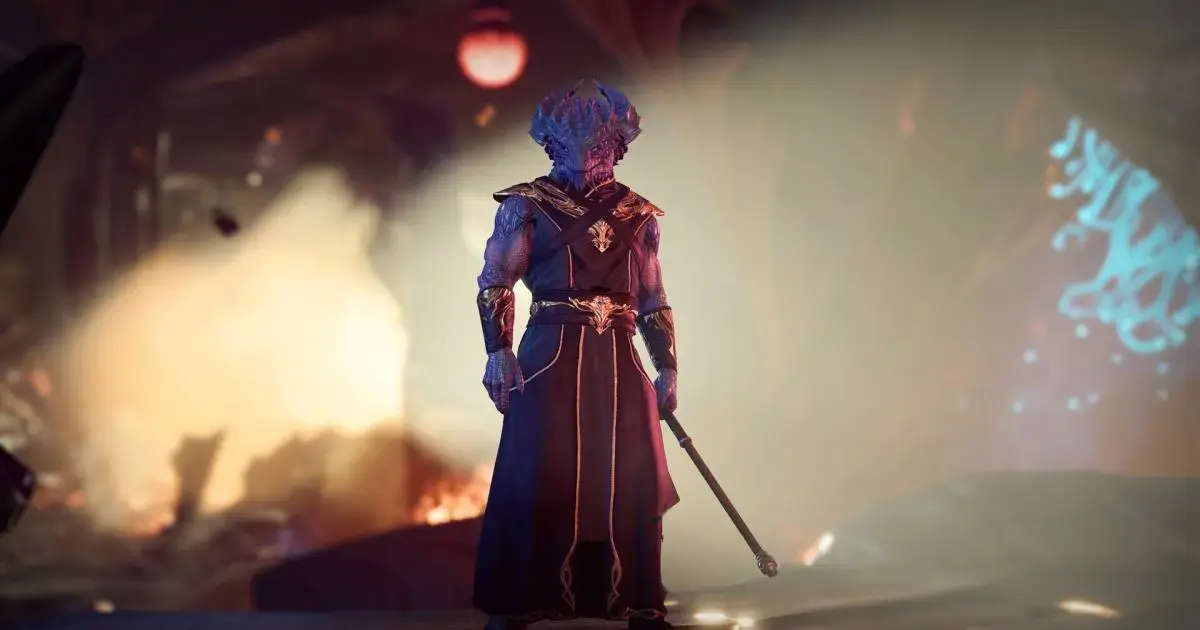Larian is having trouble fitting Baldur’s Gate III on the Xbox Series S, the lower-priced and lower-powered console in Microsoft’s ninth-generation lineup.
I was looking up more information on why there’s such an issue getting BG3 on Xbox, and found this article with a lot more detail on the topic.
EDIT: The issue isn’t graphics or frame rate; it’s memory. The article goes into detail.



They weren’t gaming first, they were gaming only. You didn’t load up an office program on an atari or snes. That didn’t really change until they combined them for media purposes, like playing CDs, DVDs & BDs, and even that was extremely limited and without consistency.
No idea what your homebrew / piracy paragraph is supposed to be in regards to this topic though. That’s not just not official, but straight up “illegal” in the minds of their creators. As a kid I personally owned one of those SNES adapters where you’d plug in a floppy disk and would rip the game from the cardridge into a rom. If we were caught with that we might’ve even got into legal trouble. On a Deck you can copy & paste all the files you want. You can download and run all the programs you want, albeit a tiny bit more restricted than your regular desktop distro. But in essence, it’s still a full fledged PC, with everything that comes with it, and you could use it just for non gaming purposes if you so wish.
It’s simply that. A Linux PC in a handheld format.
I wasn’t referring to piracy, I was referring to unofficial releases. Think Wisdom Tree and their line of Bible Games for the NES/SNES (these are pretty well covered by YouTube creators which is why I mention them as an example). Also, some of the early consoles did have non-gaming uses. I believe there was a version of BASIC for the Atari 2600. There were several planned online communication systems for various early consoles. There was the “Work Boy” accessory for the Game Boy that turned it into a digital assistant/organizer. There were officially licensed cooking “games” for the Nintendo DS that were more of recipe collections than actual games. And you touched on media, which was another thing consoles did outside of gaming since CD drives became used on consoles. Wii Fit was more of a fitness accessory than it was a game.
Pretty much the only thing that separates PC from console in your definition is whether you can run your own code on it. I don’t disagree that being able to run your own code on a machine is a huge benefit, but do you consider the iPhone a console? What about the Amazon Echo Show? Smart fridge? These have the locked down ecosystems of consoles but aren’t gaming-first. I would say no, they are not consoles and I’m sure you would agree.